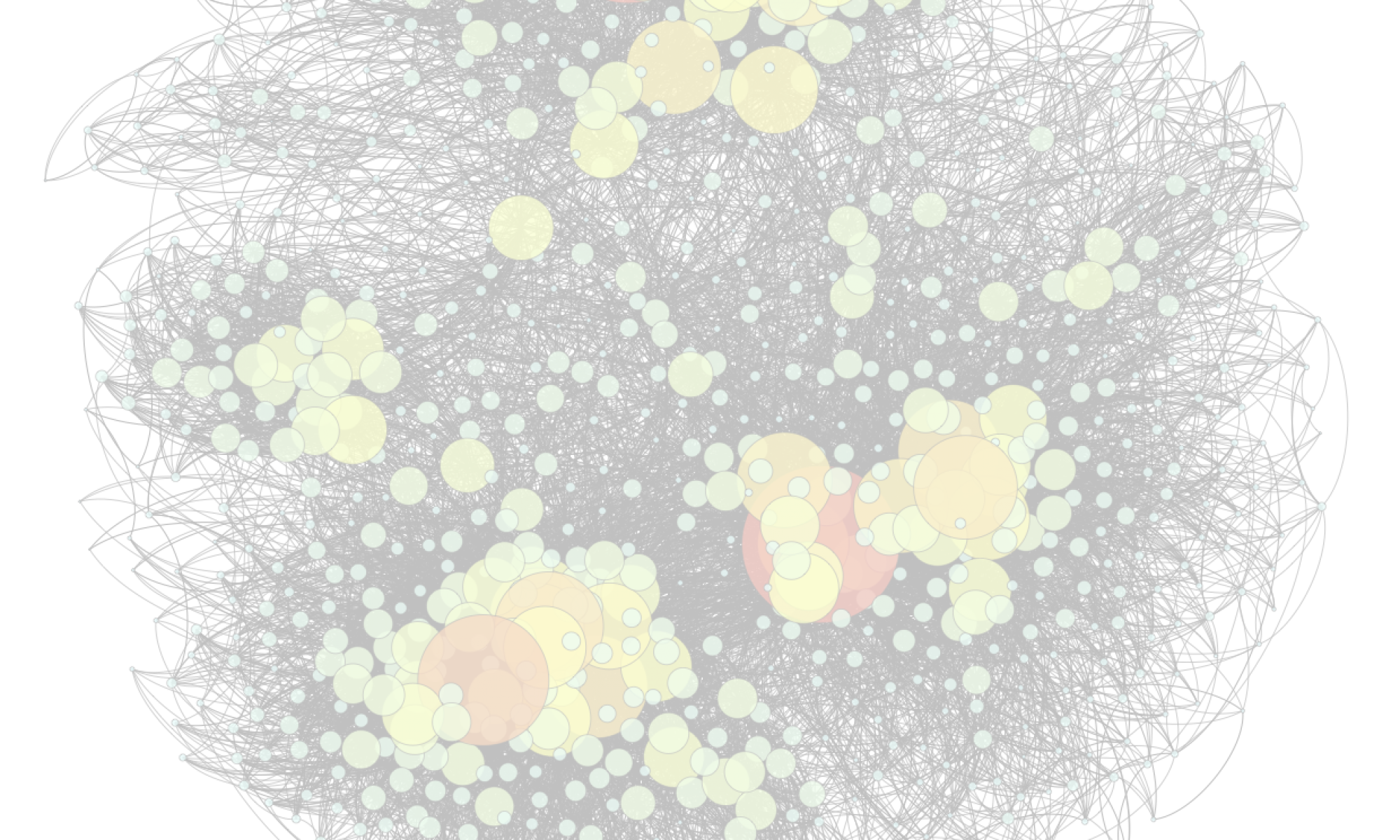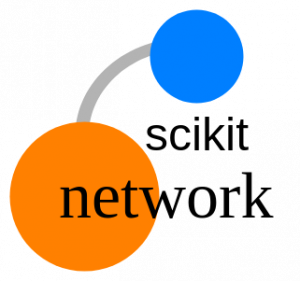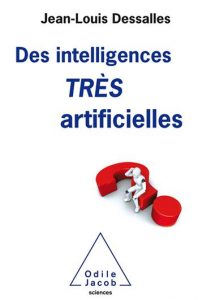Nedeljko Radulovic
Post-hoc Explainable AI for Black Box Models on Tabular Data
Current state-of-the-art Artificial Intelligence (AI) models have been proven to be very successful in solving various tasks, such as classification, regression, Natural Language Processing (NLP), and image processing. The resources that we have at our hands today allow us to train very complex AI models to solve problems in almost any field: medicine, finance, justice, transportation, forecast, etc. With the popularity and widespread use of the AI models, the need to ensure the trust in them also grew. Complex as they come today, these AI models are impossible to be interpreted and understood by humans. In this thesis, we focus on the specific area of research, namely Explainable Artificial Intelligence (xAI), that aims to provide the approaches to interpret the complex AI models and explain their decisions. We present two approaches STACI and BELLA which focus on classification and regression tasks, respectively, for tabular data.
Both methods are deterministic model-agnostic post-hoc approaches, which means that they can be applied to any black-box model after its creation. In this way, interpretability presents an added value without the need to compromise on black-box model’s performance. Our methods provide accurate, simple and general interpretations of both the whole black-box model and its individual predictions. We confirmed their high performance through extensive experiments and a user study.


